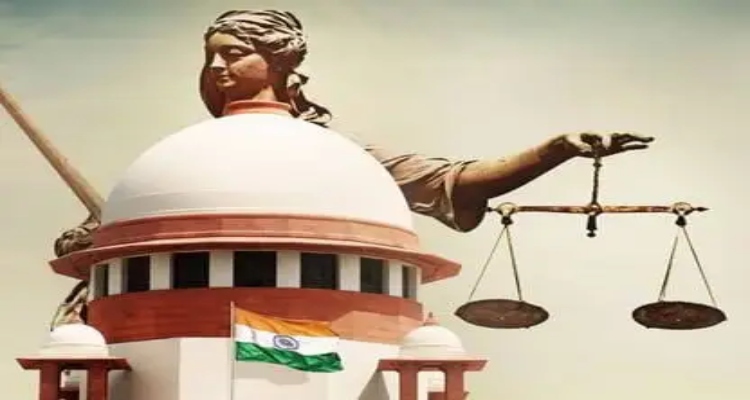
The Supreme Court on Friday refused to entertain petitions challenging the delimitation provision in the Nari Shakti Vandan Act, 2023, which mandates one-third reservation for women in the Lok Sabha and state assemblies.
A bench comprising Justices Bela M Trivedi and P B Varale dismissed pleas filed by Jaya Thakur and the National Federation of Indian Women (NFIW), saying they could explore other legal remedies.
The bench noted that Jaya Thakur’s plea became irrelevant since the bill had already been enacted into law, while the NFIW’s petition focused on challenging the requirement of delimitation before implementing the law. While dismissing Thakur’s petition as infructuous, the Court advised the NFIW to approach a high court or another appropriate forum.
NFIW questioned the constitutional validity of Article 334A (1) and Clause 5 of the Act, which mandate that delimitation of constituencies must occur before the law can be enforced. According to the petitioners, this prerequisite delays the actual implementation of women’s reservation in legislative bodies.
Earlier, on November 3, 2023, the Supreme Court had remarked during a hearing that it would be difficult for the judiciary to intervene in a law that would only come into effect after the census. The Court declined to issue a formal notice on Thakur’s plea and asked the petitioner’s lawyer to serve a copy of the petition to the Centre’s counsel.
The Nari Shakti Vandan Act was passed with overwhelming support in both houses of Parliament in September 2023. The Lok Sabha passed the bill with near unanimity, while the Rajya Sabha passed it unanimously.
However, the law’s implementation hinges on the completion of the next census and a subsequent delimitation process, which will identify the specific constituencies to be reserved for women.
The Act includes provisions for reservation within the quota for women from scheduled castes and scheduled tribes. However, opposition parties have demanded that the law be amended to include women from other backward classes (OBCs) as well.
The Act provides for the reservation to remain in effect for 15 years, with a possible extension based on future parliamentary decisions.
Efforts to pass a similar law had been underway since 1996, with previous attempts failing to reach consensus. A notable attempt was made in 2010, when the Rajya Sabha passed a women’s reservation bill, but it did not clear the Lok Sabha.
Currently, women constitute about 15% of Lok Sabha members, and their representation is below 10% in many state assemblies.
President Droupadi Murmu gave her assent to the bill on September 29, 2023. While the law is hailed as a landmark step towards gender equality in political representation, its full implementation remains dependent on administrative processes, including the census and delimitation exercise.




